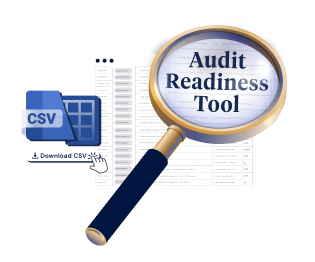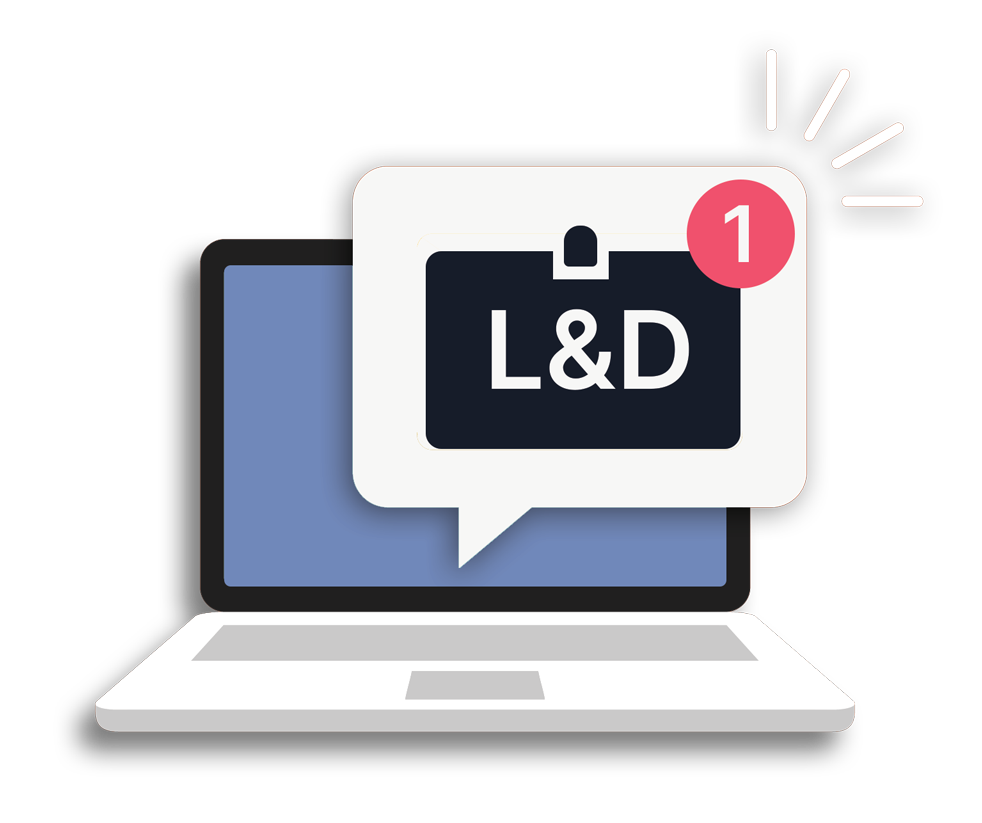For too long, aged care audits have been about ticking boxes - verifying whether policies exist, training has been completed, and records are up to date. However, the Strengthened Aged Care Quality Standards demand more. They require providers to demonstrate tangible outcomes - not just that a process exists, but it effectively provides high-quality, person-centred care.
This shift means aged care providers must rethink their audit preparation. Traditional compliance methods, where evidence is collected reactively, perhaps even on the spot, during an audit, won’t be enough. Instead, organisations need a structured approach that moves from data collection to meaningful insight.
What Does Outcome-Driven Compliance Look Like?
As Dr Karen Patterson highlighted in a recent webinar, quality is a system comprising structure, process, and outcome. Historically, audits have focused on the first two—do you have the right workforce, policies, and training in place? However, real quality assurance comes from measuring the effectiveness of those elements.
Providers must now demonstrate:
- How their systems and processes lead to measurable improvements
- That they are listening to aged care clients and acting on their feedback
- How they are identifying risks, making changes, and monitoring progress
In short, the strengthened standards act as a ‘North Star’, guiding organisations towards real-world quality improvements - not just compliance for its own sake.
The Audit Readiness Tool helps providers shift from reactive compliance to proactive quality improvement. By visualising data in real-time, organisations can:
- Pinpoint strengths and gaps before an audit.
- Ensure audit evidence tells a compelling story about care quality.
- Provide boards, executive teams, and accreditors with confidence that quality is embedded in practice.
Ultimately, high-performing organisations don’t just ‘pass’ audits. They use them as an opportunity to refine and improve care. Those who embrace an outcome-focused, data-driven approach will be well-prepared for the July 1 2025 transition and beyond.

Ensure your organisation is prepared for your first audit under the strengthened Standards.
Practical Support for Providers
Register now for all of our upcoming webinars designed to help prepare you for the strengthened Standards - or come back to view past recordings.
- Get Audit-Ready for the Strengthened Standards
- Guide to Ausmed's Audit Readiness Tool
- Guide to Preparing for Your First Audit Under the New Standards
- Why Audit Readiness is a Commitment to Quality
Author
Zoe Youl
Zoe Youl is a Critical Care Registered Nurse with over ten years of experience at Ausmed, currently as Head of Community. With expertise in critical care nursing, clinical governance, education and nursing professional development, she has built an in-depth understanding of the educational and regulatory needs of the Australian healthcare sector.
As the Accredited Provider Program Director (AP-PD) of the Ausmed Education Learning Centre, she maintains and applies accreditation frameworks in software and education. In 2024, Zoe led the Ausmed Education Learning Centre to achieve Accreditation with Distinction for the fourth consecutive cycle with the American Nurses Credentialing Center’s (ANCC) Commission on Accreditation. The AELC is the only Australian provider of nursing continuing professional development to receive this prestigious recognition.
Zoe holds a Master's in Nursing Management and Leadership, and her professional interests focus on evaluating the translation of continuing professional development into practice to improve learner and healthcare consumer outcomes. From 2019-2022, Zoe provided an international perspective to the workgroup established to publish the fourth edition of Nursing Professional Development Scope & Standards of Practice. Zoe was invited to be a peer reviewer for the 6th edition of the Core Curriculum for Nursing Professional Development.



